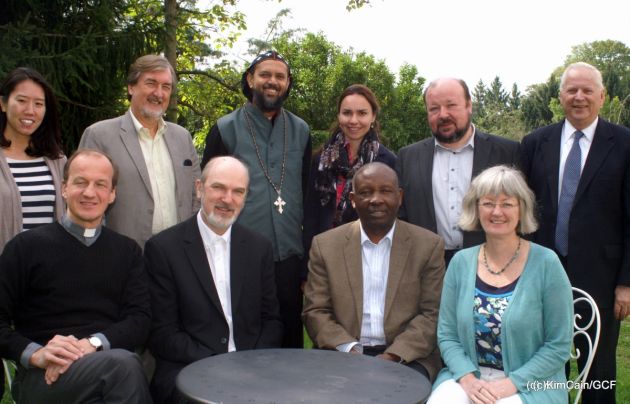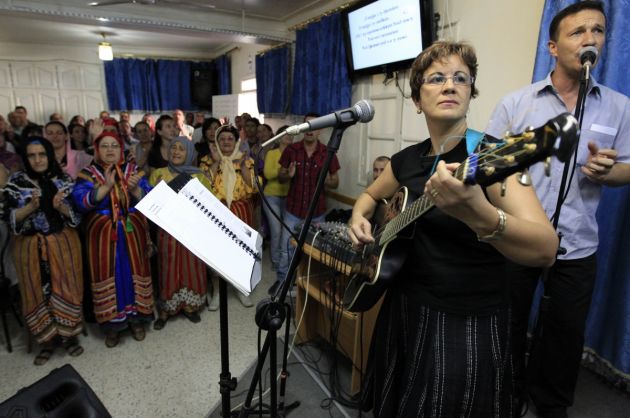Churches to begin global talks on thorny topic of 'mission and proselytism'

A plan for global talks on one of Christianity's most enduring and complex issues - that of 'mission and proselytism' - was set in motion at a Global Christian Forum-convened meeting in Strasbourg, France, recently.
A working group of representatives from the Catholic Church (Pontifical Council for Promoting Christian Unity), the Pentecostal World Fellowship, the World Council of Churches, and the World Evangelical Alliance as well as members of GCF have agreed on a series of aims and approaches for tackling concerns associated with mission and proselytism.
The GCF and these four bodies together will carry primary responsibility for the three-year process. They agreed to the process in a series of meetings on 10 and 11 September.
A primary aim of the global conversation will be to develop a companion statement to Christian Witness in a Multi-Religious World, including recommendations for relationships between churches living and working in the same communities.
Another aim is to encourage and resource reconciliation and 'healing of memories' between churches which have experienced tension and pain due to conflicting perspectives and practices on mission and evangelism.
The concept of 'mission' is well understood by churches and Christian organisations; however proselytism - the accusation that one Christian tradition, church or denomination is 'converting' or taking members from another Christian group - is often contentious and divisive.
'Proselytism' - sometimes referred to as "sheep-stealing" - in the context of the mission of the church has led to hurtful and deep-seated ruptures in some communities.
The GCF-based initiative will take the form of a global 'facilitated' conversation over three years, covering many continents.
It follows and builds on the landmark and widely received statement Christian Witness in a Multi-Religious World, (2011) developed and published conjointly by the Catholic Church, the World Council of Churches, and the World Evangelical Alliance.
Members of the working group come from a variety of Christian traditions: African Independent, Anglican, Baptist, Catholic, Lutheran, Mennonite, Oriental Orthodox, Orthodox, Pentecostal and Reformed.
They originate from such places as Brazil, France, Finland, Germany, Ghana, India, Kenya, Poland, Russia, UK, and the United States.
